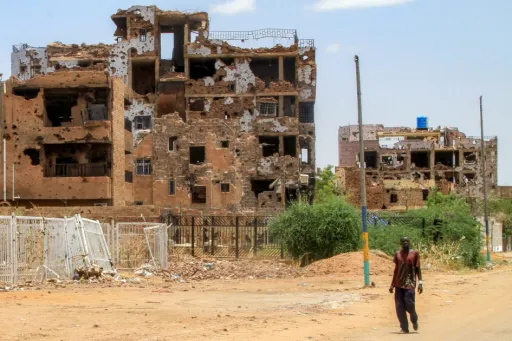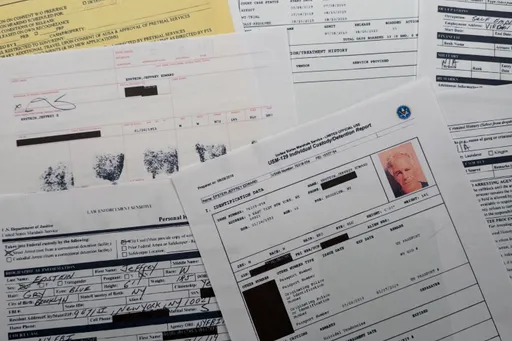After the end of Operation Euphrates Shield last March, Turkey’s President Recep Tayyip Erdogan hinted at the formation of a new army in Syria to help secure the territory gained and prevent forced demographic changes. It was also meant to secure the area from the YPG/PYD, which is affiliated with the PKK, a group that is considered a terrorist organisation by Turkey, the US and the European Union.
On December 30, 2017, the National Army was officially established, and started Operation Olive Branch as a part of Turkey’s border mission in the northern Syrian city of Afrin.
TRT World spoke with generals and ministers from the Syrian opposition about the National Army and what it hopes to achieve.
What is the National Army?
The National Army is a new army composed of 36 different opposition groups under the umbrella of the Free Syrian Army (FSA), which has divided into three army corps. Currently, it is in its first phase, which includes about 10,000 troops primarily from the Euphrates Shield region.
The military court and the academy are in the Euphrates Shield region, in the cities of Jarablus and Marea.
The National Army continues to hold talks with various FSA groups, especially in Idlib and Hama. When all the expected groups take part, their total number is expected to reach 25,000, according to officials from the Syrian Interim Government.
The Deputy Chief of General Staff of the Syrian Interim Government Abdul Jabbar al Aqidi says that the National Army currently includes Sunnis, Shias, Kurds, Christians and Armenians.
“Our door as the National Army is open to all ethnic and religious groups from the Syrian people.”
Why was it formed?
Three reasons:
First, the National Army aims to train and unite the various FSA troops under one command to solve the issues of factionalisation among opposition groups; and help transition to a regular, more professional army.
Second, it aims to establish a united force against Al Qaeda-affiliated Hayat Tahrir al Sham (HTS) in Idlib.
“This formation is also to facilitate operations against the PYD, Daesh and Al Qaeda under one command,” Aqidi says.
Third, the National Army will be responsible for consolidating the territories the opposition has gained, and finally, when a permanent political solution is found to the Syrian crisis, the National Army aims to take over as the armed forces of Syria.
The head and also the defense minister of Syria's transitional government, Javad Abu Hattab, told TRT World that it is necessary to prepare the regular army for the future:
"A regular army is necessary for today and the future, and this project is the start of Syria’s future army. After the fall of the regime, they will take over the duty of protecting Syria."
Where is it active?
Today, the National Army is mostly active in the Euphrates Shield area and the Afrin region, where Turkey launched Operation Olive Branch with the FSA.
When the Afrin operation ends, all FSA units from Jarablus to Idlib are meant to be under one command within the National Army.
“The first corps is fighting with the Turkish Armed forces,” says Abu Hatab. “Particularly in Operation Olive Branch, we are sure that we will see better results because under one command, our troops are more organized and work together more easily.”
But some are still patrolling the Euphrates Shield Area and getting ready for a possible operation in Manbij, east of the Euphrates Shield region.
“Only a part of these forces [from the National Army] are currently participating in this operation [Olive Branch], and the others will join in later phases,” says Aqidi.
“They will also join the Manbij operation.”
Turkey and Turkish-backed FSA troops had attempted military action in Manbij in last August, only to be blocked by Russia.























